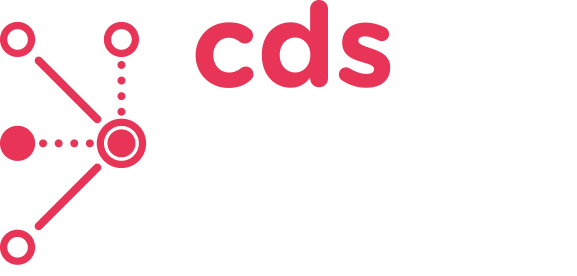Is taking a systems approach to training / learning development obsolete?
Posted in Training & Learning Development
February 2021
2 minutes reading time
In response to the pandemic and increased working from home there has been a significant shift towards distance and collaborative learning. This shift has in many ways just accelerated trends that were already in play. However, the speed at which organizations have had to respond has meant that many have implemented this shift using in-house expertise and existing learning resources. There have been some admirable successes and there is an increased confidence in developing training / learning solutions at the grass-roots level.
So, does this mean that taking a more systematic approach to training / learning development is obsolete? Personally, I don’t think so. Underpinning any solution should be a clear identification of the required outcomes and benefits for the organization. Included in this should be a clear understanding of the individuals’ learning experience to achieve them. The focus on these must never be lost. However, the speed of the shift to increased leaning at home has resulted in necessary shortcuts being taken including:
- Not reassessing the required objectives and outcomes in the light of the changed circumstances
- Not reassessing the content and media e.g. just converting documents to pdfs and putting them online
- Not reassessing the methods of delivery and engagement e.g. just replicating what was done before but online such as giving one-way lectures
- In some instances, a lack of stepping back from the immediate issues in order to see the bigger picture
- For more formal learning requirements, avoiding or addressing these shortfalls requires a deliberate, systematic approach
But it’s not just about the shift to increased working from home. As finances in the public, private and third sectors become tighter the need for more efficient, effective and focused training / learning increases. L&D budgets are decreasing just at the time that organizations need to develop the knowledge, skills and behaviours to adapt. Also, the consequences of poor performance by individuals and teams are heightened as the environment becomes more demanding and competitive across all three sectors. Again, for more formal learning requirements a deliberate, systems approach can be taken to address these issues.
… and of course the need hasn’t gone away for a deliberate, systems approach to training / learning development to be taken for larger scale change programmes, equipment programmes and safety critical systems.
So, a systems approach to training / learning development still has a role to play but it should only be used when appropriate and it shouldn’t be applied dogmatically.
There are several tried-and-tested models, including the US ADDIE framework (Analyze, Design, Develop, Implement, Evaluate) and the UK Ministry of Defence’s Defence Systems Approach to Training (Analysis, Design, Develop, Assure). They are essentially based upon the same components with similar feedback mechanisms to allow an iterative approach to be taken both within the development cycle but also over time. However, they can become over-complicated if not applied correctly. For example, when printed out, the policy for the Ministry of Defence’s systems approach is two inches thick and it is easy to get lost in the detail. Applying a systems approach intelligently requires experience and skill so that the all-important focus on the learner’s experience and required outcomes are maintained throughout.
CDS DS has that experience and skill. If you want to discuss how we can apply this in your context, or indeed, if you want to discuss the more immediate needs of transitioning to effective learning in the current pandemic then please drop me a line on jim.potts@cdsds.uk
PS: The most important stage in any system approach to training / learning development is the analysis carried out at the start and revisited during the cycle. In my next blog post I’ll be looking in more detail at Training / Learning Needs Analyses.


-1.png?width=352&name=CDS%20DS%20BAU%20posts%20(1)-1.png)
-1.png?width=352&name=CDS%20DS%20BAU%20posts%20(8)-1.png)
